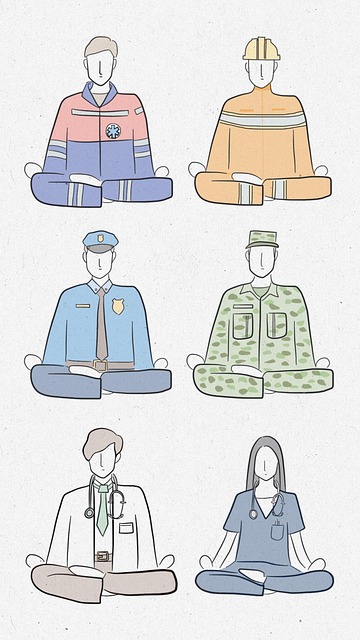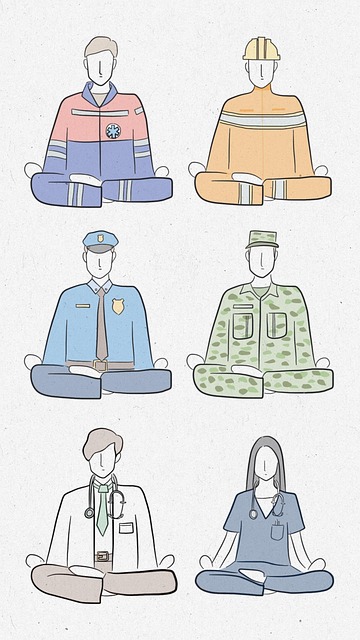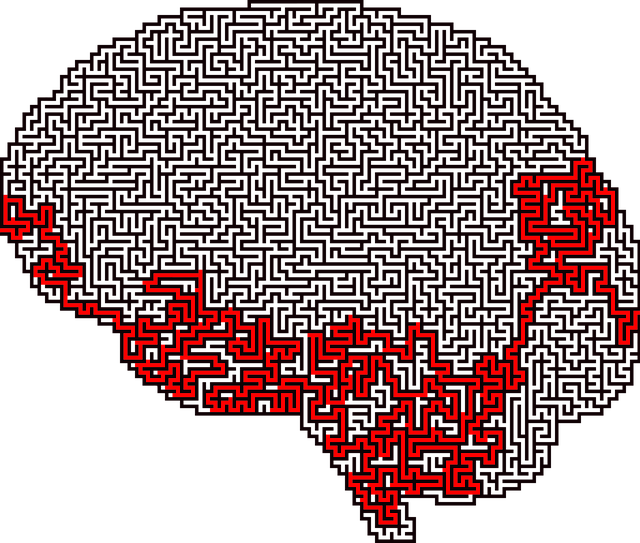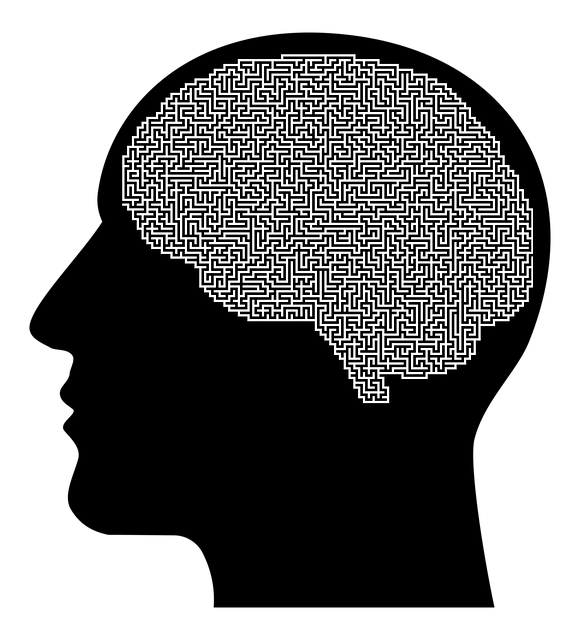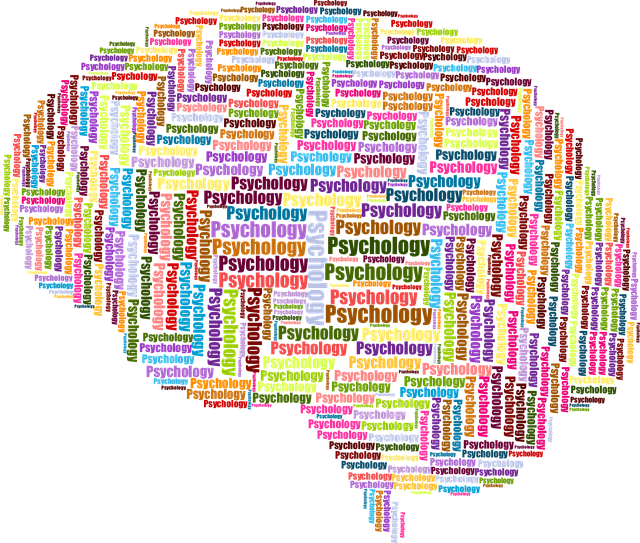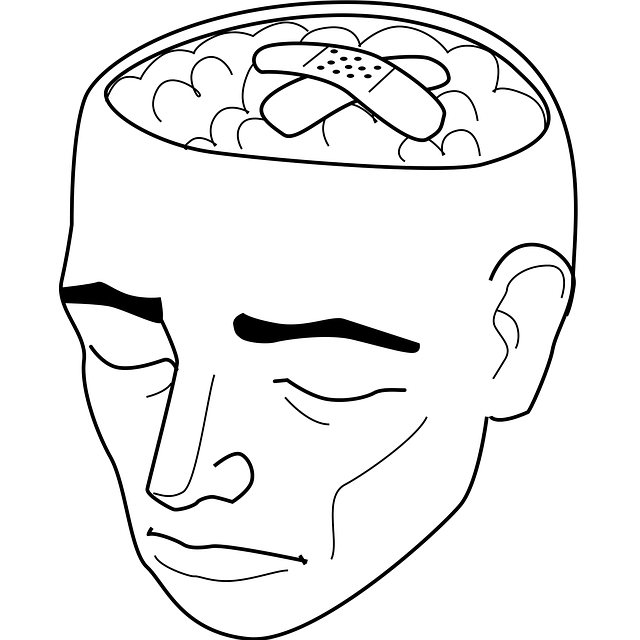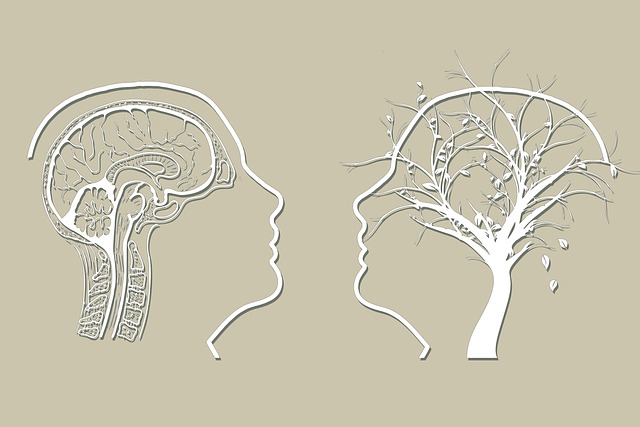Lafayette Major Life Transitions Therapy is a comprehensive program empowering healthcare providers with cultural competency skills for better patient outcomes. Integrating self-awareness exercises, conflict resolution techniques, and stress management workshops, the therapy navigates complex cultural situations, fostering inclusive care environments. By addressing unconscious biases and promoting open dialogue, the program strengthens relationships, reduces disparities, and enhances overall patient satisfaction and outcomes. Measuring success through direct indicators like improved patient outcomes and qualitative feedback, Lafayette Major Life Transitions Therapy continuously refines its approach to cater to diverse community needs.
Cultural competency is no longer a nice-to-have in healthcare, but an imperative. As diverse patient populations become the norm, understanding and respecting cultural differences can significantly improve patient outcomes and satisfaction. This article explores this evolving necessity, focusing on the role of Lafayette Major Life Transitions Therapy (LMLTT) in fostering cultural awareness. We delve into identifying unconscious biases, effective training strategies for healthcare providers, and measuring the impact of cultural competency programs.
- Understanding Cultural Competency in Healthcare: A Necessity in Modern Practice
- The Role of Lafayette Major Life Transitions Therapy in Fostering Cultural Awareness
- Identifying Barriers and Biases: Unconscious Prejudices in Medical Settings
- Effective Training Strategies for Healthcare Providers: Practical Approaches
- Measuring Success and Impact: Evaluating the Effectiveness of Cultural Competency Programs
Understanding Cultural Competency in Healthcare: A Necessity in Modern Practice

In today’s diverse healthcare landscape, cultural competency has become a necessity rather than a luxury. Understanding and respecting various cultural backgrounds, beliefs, and practices among patients is crucial for effective treatment and improved patient outcomes. This is especially relevant in a community like Lafayette, where people from diverse ethnic and social backgrounds seek therapy for major life transitions and mental health challenges. Healthcare providers who embrace cultural competency are better equipped to deliver personalized care that considers the unique needs and perspectives of each individual.
At the core of this concept are Mind Over Matter Principles and Self-Awareness Exercises, which empower therapists to navigate complex cultural terrains with sensitivity and expertise. These tools not only enhance the therapeutic process but also foster an inclusive environment where patients feel heard, understood, and valued. By integrating such practices into their work, therapists can ensure that stress management workshops and other interventions are culturally tailored, thereby promoting better engagement and more positive outcomes for all clients, regardless of their background.
The Role of Lafayette Major Life Transitions Therapy in Fostering Cultural Awareness

Lafayette Major Life Transitions Therapy plays a pivotal role in fostering cultural awareness among healthcare providers. By integrating diverse therapeutic approaches, this therapy program equips individuals with the skills to navigate complex cultural landscapes. Through its comprehensive curriculum, participants gain insights into various self-care practices that promote cultural sensitivity and resilience building. The therapy also delves into effective conflict resolution techniques, enabling professionals to address disparities in care and create more inclusive healthcare environments.
This holistic training goes beyond surface-level understanding, encouraging a deep exploration of personal biases and societal influences. By fostering open dialogue and critical thinking, Lafayette Major Life Transitions Therapy empowers providers to offer culturally competent care. This, in turn, enhances patient outcomes, strengthens relationships, and contributes to a more equitable healthcare system that respects and values the unique experiences and perspectives of every individual.
Identifying Barriers and Biases: Unconscious Prejudices in Medical Settings

Unconscious biases and prejudices can significantly impact healthcare delivery, especially in diverse communities. Medical professionals, despite their best intentions, may hold stereotypes or assumptions that affect patient care. These biases, often rooted in societal norms and personal experiences, can lead to misjudgments and disparities in treatment. For instance, a study might reveal that certain racial or ethnic groups face longer wait times or receive less aggressive treatment for similar medical conditions.
In Lafayette Major Life Transitions Therapy sessions, participants learn to identify these barriers and challenge their own biases. Boosting confidence and building resilience among healthcare providers is key to navigating these challenges. Conflict resolution techniques are also valuable tools, enabling professionals to address cultural differences openly and effectively. By acknowledging and addressing these unconscious prejudices, medical settings can foster a more inclusive environment, ultimately improving patient outcomes and satisfaction.
Effective Training Strategies for Healthcare Providers: Practical Approaches

Effective training strategies for healthcare providers are essential to ensuring quality patient care and fostering a supportive environment. One powerful approach is incorporating mental wellness coaching programs into the curriculum. These programs teach providers techniques to manage stress, enhance resilience, and improve their own mental health—all crucial components for effective caregiving. By integrating these programs, healthcare workers can better navigate major life transitions, such as those experienced by patients facing chronic illnesses or significant injuries, providing more compassionate and nuanced support.
Moreover, stress management workshops offer practical tools for providers to counteract the often demanding nature of their work. These workshops focus on communication strategies that promote active listening, empathy, and clear expression—key elements in building strong patient-provider relationships. Such training not only benefits individual practitioners but also contributes to a more positive and collaborative Lafayette Major Life Transitions Therapy environment within healthcare institutions, ultimately enhancing overall patient satisfaction and outcomes.
Measuring Success and Impact: Evaluating the Effectiveness of Cultural Competency Programs

Measuring success and impact is a vital component of any cultural competency program, ensuring that efforts are effective and have a lasting positive effect on healthcare delivery. Evaluating the effectiveness of initiatives like Lafayette Major Life Transitions Therapy requires a comprehensive approach that goes beyond simple satisfaction surveys. This includes tracking improvements in patient outcomes, such as reduced readmission rates or enhanced recovery times, which can be direct indicators of improved cultural understanding and care.
Additionally, qualitative feedback from both patients and healthcare providers through focus groups or interviews can offer profound insights into the program’s impact. For instance, increased self-awareness exercises and stress management techniques among staff, leading to better patient interactions and anxiety relief, are significant metrics. By measuring these aspects, organizations like Lafayette Major Life Transitions Therapy can continuously refine their programs, ensuring they meet the diverse needs of the communities they serve and ultimately foster a more inclusive healthcare environment.
Cultural competency training is no longer a nice-to-have, but an indispensable component of modern healthcare. As evidenced by the comprehensive discussion on this topic, programs like Lafayette Major Life Transitions Therapy play a pivotal role in fostering cultural awareness and addressing biases within medical settings. By implementing effective training strategies and measuring success through robust evaluation, healthcare providers can ensure they offer culturally competent care, ultimately enhancing patient outcomes and building stronger communities.
